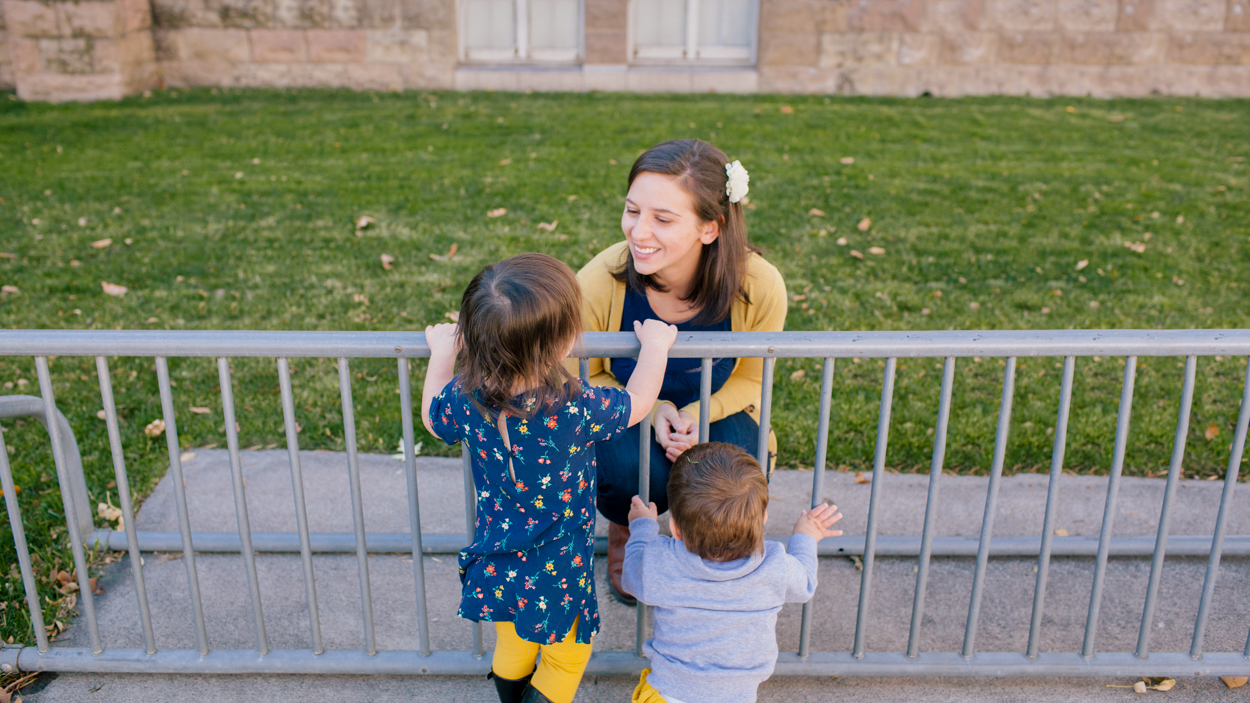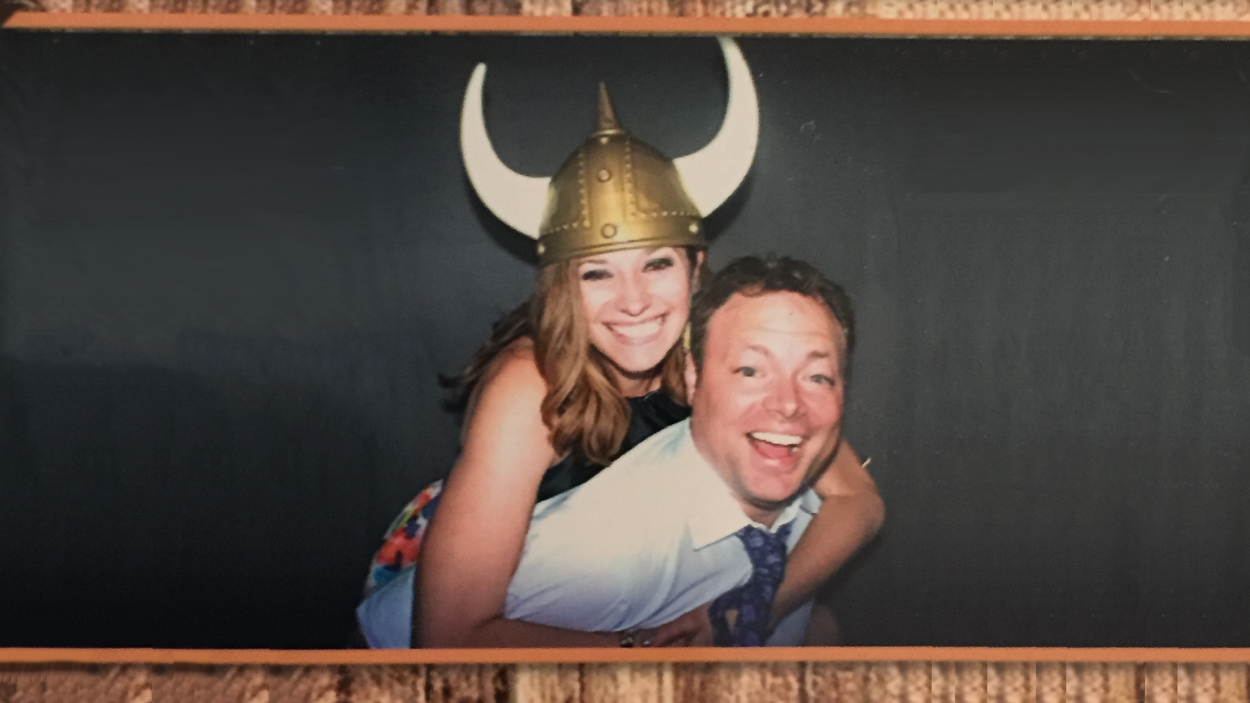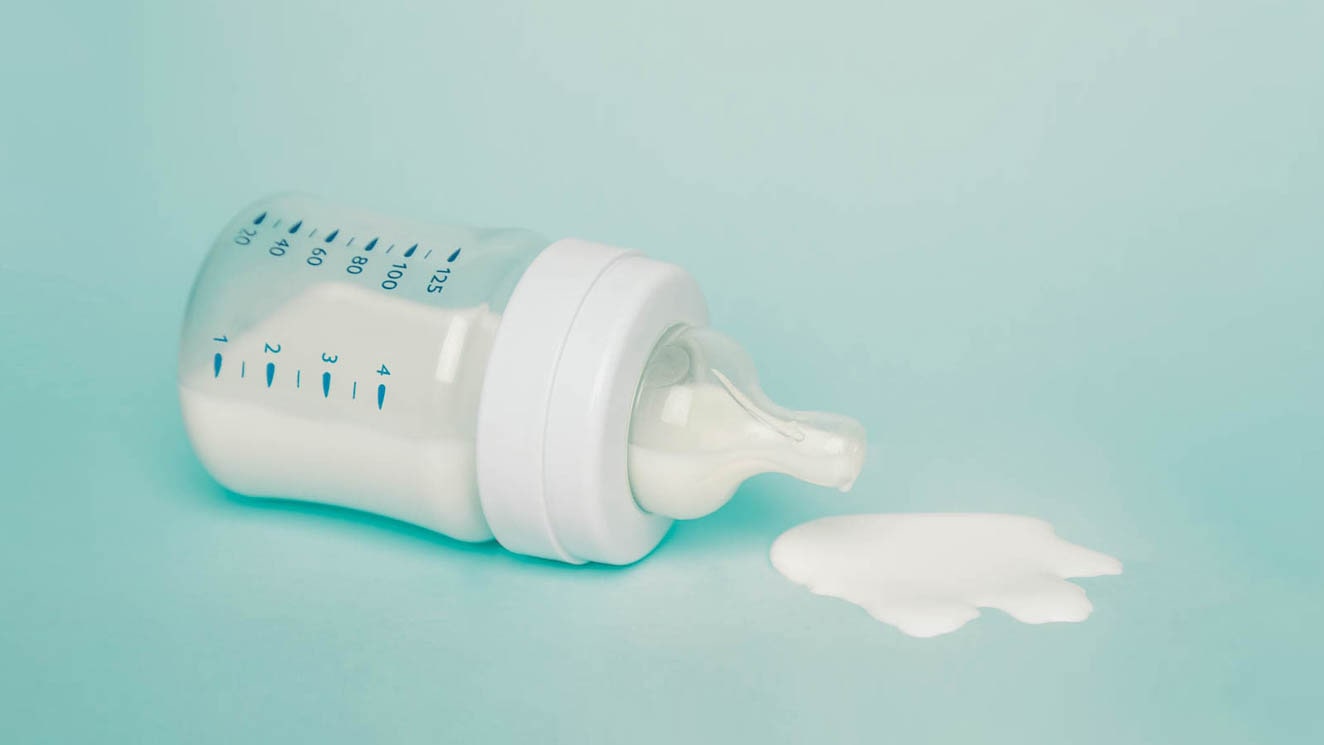

I am an optimist. I truly believe that most people mean well, most of the time. That said, I will also tell you that we adoptive parents and our kids hear some really dumb s**t come out of people’s mouths. Not everyone is fluent in the language of adoption, we understand this.
We know you have questions. That’s only natural. We know that people are intensely curious about origin; if you think about it, adoption is the crux of nearly every epic tale ever told, from Oedipus to Moses, from The Wizard of Oz to Star Wars, from Mad Max to This Is Us. But, still, you may not realize that when you ask certain casual questions, or make certain offhand remarks, you’re dipping into a very personal, very private well of information.
I adopted my daughter as a newborn. She’s 10 now, and just by sheer coincidence, we happen to look similar. We’re both white chicks with blondish-coppery hair (one of us comes by it naturally, the other, uh, has some help). People generally don’t stop us on the street inquiring about why we’re together. However, some of my adoptive mama friends don’t get the same consideration—the things people say to them are egregious, borderline racist, and sometimes actually racist.
One thing folks often don’t fully understand is that adoption is fraught with a million hues of loss. There’s the loss of the child for the birth parents, most obviously, and the loss of the child’s original family, which may have happened at birth or well beyond, even into the teen years. Some of us adoptive parents also feel loss deeply around fertility, if we’d tried to conceive — as well as a lack of exclusivity, in a way, in the sense that there may be a set of biological parents somewhere, either close by or far away. So if we seem thrown off when you ask an innocent question, it’s probably because we’ve wrestled a lot with these issues already, with other parents, with our children, with our wider families.
The idea of adoption or fostering brings up so many questions and comments, and I’ve noticed that they generally fall into certain categories. Here are some of the questions my adoptive mama friends and I have gotten — from relatives, complete strangers, and those in between.
1) What they say: “I guess she looks like her dad, because she looks nothing like you.” Or “He’s so tan!”
What we hear: You look different, you’re obviously not related.
Why does it matter that we look different? Even people biologically related can look wildly different from one another. (And also, it’s generally not cool to comment on someone’s appearance.) When you point out the differences in how we look, you’re creating a micro-division between the kids and the parents, and hinting they’re not part of the pack. This might trigger an insecurity in the child that looking different is a bad thing–which could be layered onto a whole other bunch of attachment insecurities common in adopted kids. Say instead: “What are your favorite things to do together?”
2) What they say: Anything having to do with the cost or legal status of the adoption.
What we hear: Oh, I see you bought a baby. Where can I get one?
First, you don’t buy a person as you would, say, a MacBook Air or a DeLorean or any other item. You pay for services around adoption, such as a home study, birth-parent support, background checks and attorney’s fees. And yes, there’s a ton of legal paperwork that goes into an adoption. When you ask about the legal stuff, we know you don’t mean this, but is sounds like you’re wondering if we have attained the child through some kind of shady back alley deal. Say instead: “I’m really curious about what the process was like.”
3) What they say: “So cool that you also got to have your own kid.” Or “Where’s their mom?”
What we hear: Biological is better.
Hey! We are a real family! These are our real kids, just as if they came out of our hoo-hoos! These comments can completely disregard the adoption bond, or relegate it to a lesser status. Many of us struggled with infertility, or perhaps we’re in a same-sex relationship and didn’t see making a baby as an option. Oh, and we are their real parents. They also have a set of birth parents, who may or may not be part of their lives. Say instead: “How cool that you got to create this family.”
4) What they say: “Where are they from? … No, where are they from from?”
What we hear: You’ve rescued a poor child from a third-world country.
Whether our child was born in Chicago or China, we wonder if you’re assuming that because they’re a child of color, that they’re not American (when in fact less than half of the children in the U.S. are white). And, again, by pointing this out, you’re creating a kind of division, no matter what colors our families come in. Say instead: “What a beautiful family you have.”
5) What they say: “I know how exciting it is, I just adopted a puppy!” Or “Our new cat was a disaster at first until she got to know us.”
What we hear: Adopting is a cinch. Just go to the kid pound and get one!
It should be obvious, but it isn’t always: We love our animals, of course, but adopting a pet is pretty much ZERO like adopting a human, and should never be compared. Especially because children may see pets come and go from a home and wonder if that means their adoptive parents can give them away, too. Say instead: “Would you like to pet my dog?”
6) What they say: “Was she abused?” Or “Why did her mom give her up?”
What we hear: Give me all the salacious details about your child’s history.
When you say this, you’re asking a highly personal, hurtful question that’s honestly nobody’s business — our child may not even know the full story. Placing a child for adoption is a heart-wrenching decision. It’s fraught with so much pain and loss. Sometimes children weren’t safe with their original parents. You don’t get to go there. Plus, it’s not our story to tell. Say instead: Nothing. There’s nothing you need to know about our child’s past. If there’s something we want you to know, we’ll tell you.
And finally, there’s one thing we all hear, a lot, and that’s the “they are so lucky to have you” comment. Look, we didn’t adopt kids because we were doing some kind of selfless, sainted act. In fact, there were probably 1,000 other people who would have also made wonderful parents for these children. We adopted because we wanted to make a family. Period. Most of us would tell you that we’re the lucky ones. Because we are. We got our miracle.







